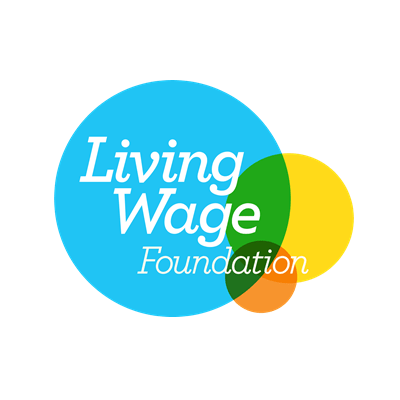Home Working and Mental Health
Coronavirus Reminder:
For up to date information and guidance, please visit www.gov.uk/coronavirus
Key points
- The main symptoms of coronavirus infection are a persistent cough, temperature over 38oC, and loss of taste or smell.
- If you develop any of these symptoms you should isolate at home for 14 days and not have contact with anyone outside your household.
- It is particularly dangerous if you or someone you live with has a long-term health condition, has a weakened immune system or is over 65.
Home working
Developments in computing and connectivity have made it possible for more of us to work from home in recent years. Generally this has been through personal choice or negotiated with employers. What makes the current situation different is that, for many of us, we have never done this before and it represents a major change to our working lives and home routines.
Routine
It is likely that you had a regular routine to get yourself ready for work and prepare lunch or get children ready for school. Being thrown out of that routine can be destabilising and confusing so consider how you would like your day to look.
Are you free to design your own routine or are there commitments that you cannot change? Make sure the other people know your schedule in case they need to work around it.
Do you need to allow time for home schooling? Perhaps a regular hour can be set aside that gives structure to your children too.
Are the certain times when you feel more productive or are there times when it is simply impossible to work?
It is important to remember that your employer knows that this is a time of additional stress. You don’t have to work every hour to be productive, nor do you have to put yourself under pressure to make up time at evenings or weekends. If this feels like a struggle, speak to your manager.
Remember to take breaks when you normally would. It’s ok to make cups of tea, to talk to friends on the phone and to take a proper lunch break. You may even use this time to get out of the house and exercise. Far from getting in the way, this is likely to aid your productivity.
Work station
It is helpful to create a designated area to work. That may be a room or a desk or table. This keeps work separate from the rest of your home and makes it more likely that you will be able to focus. Ideally, this will be somewhere that you can both store and use work equipment and documentation.
Ensure that you are able to sit comfortably and upright in a chair with a back rest. If working at a computer, the top of the monitor should be at eye-level. If you need any equipment from work to work comfortably then do ask your employer.
Mental Health
Working from home can help to address your work/life balance if it feels askew provided that this is within your control. If you have never done this before, it can increase feelings of isolation or stress. You may even resent work coming into your home and find it difficult to switch off. You are not alone if you find working from home challenging.
Here are a few tips on maintaining positive mental health.
Write down anything that you’re worried about. Just getting those worries down on paper can get them out of your head and make them seem smaller. Ask yourself whether there is anything you can do today to make them better. If not, perhaps it’s ok to leave them alone and make them less significant.
Take care of your basic needs. Look for a balance of working, resting, exercise, caring. You’ll be giving a lot right now so how do you fill up the tank when it’s empty?
Stay active. If it’s possible, try to get outside for some form of exercise every day, even if it’s just a walk around the block.
Try not to stay sitting for too long. There are lots of ways to cheat with this. Maybe try stretching at your desk – push down with your toes or point them up to the sky. Work up through your body, flexing at the knees or lifting your legs up so you can feel your thigh muscles working. Use the upstairs loo so you’re walking up and down.
Focus on basic tasks. You don’t need to beat performance targets, cook three-course meals or clean your house from top to bottom. Think about what is most important to you and prioritise. If some things don’t get done, allow yourself to say “that’s ok”.
Talk. Keep in contact with friends and family. Social media is very useful but if you’re on lockdown at home, find someone you can call and speak to at least once a day. You may find that you can support each other. If you bottle up how you feel it will just weigh you down.
Remember to STOP if you’re feeling overwhelmed:
Stop
Take a breath
Observe your reaction and how you’re feeling
Pull back and look for a different Perspective






